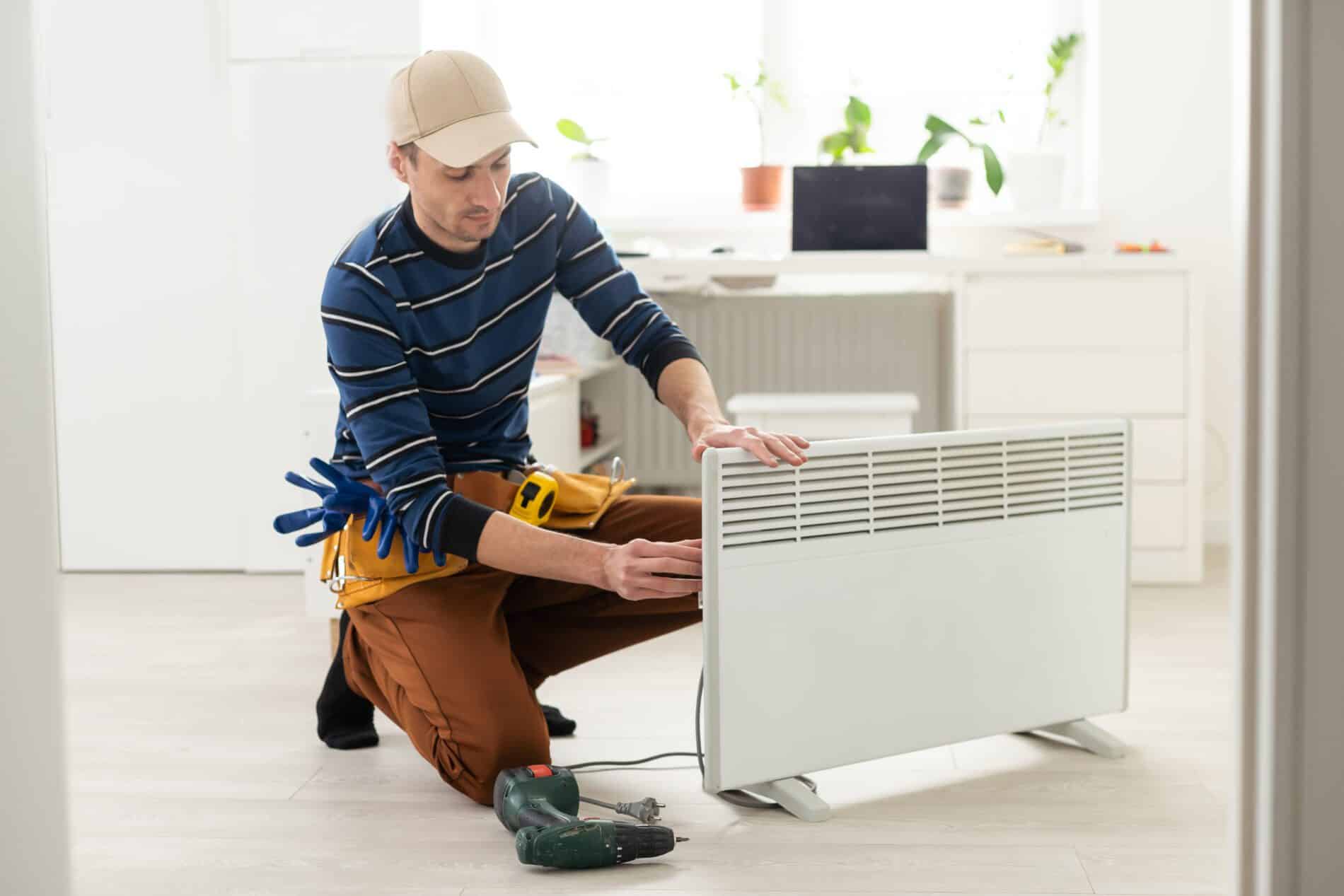Spotting Common Water Heater Issues
Spotting Common Water Heater Issues
Blog Article
What are your opinions about Common Problems with Your Home Water Heater?

Think of starting your day without your regular warm shower. That already establishes an inadequate tone for the rest of your day.
Every house requires a reliable water heater, yet only a few understand just how to take care of one. One very easy way to maintain your hot water heater in top form is to check for mistakes on a regular basis and also fix them as soon as they show up.
Remember to switch off your hot water heater prior to smelling around for faults. These are the water heater faults you are most likely to experience.
Water also hot or also chilly
Every hot water heater has a thermostat that determines exactly how warm the water obtains. If the water entering your home is as well hot regardless of establishing a hassle-free maximum temperature, your thermostat may be faulty.
On the other hand, too cold water may be due to a fallen short thermostat, a busted circuit, or improper gas flow. For instance, if you make use of a gas hot water heater with a broken pilot burner, you would certainly get cold water, even if the thermostat remains in ideal problem. For electrical heaters, a blown fuse might be the culprit.
Insufficient hot water
Water heaters been available in many sizes, depending upon your warm water needs. If you run out of hot water prior to everybody has actually had a bathroom, your hot water heater is too small for your family size. You need to take into consideration installing a bigger hot water heater storage tank or selecting a tankless water heater, which takes up much less area as well as is extra durable.
Unusual sounds
There go to least 5 type of noises you can speak with a water heater, however one of the most common analysis is that it's time for the water heater to retire.
First off, you must be familiar with the regular appears a water heater makes. An electrical heater might sound different from a gas-powered one.
Standing out or banging noises typically indicate there is a piece of sediment in your storage tanks, and it's time to cleanse it out. On the other hand, whistling or hissing sounds might just be your shutoffs allowing some stress off.
Water leakages
Leaks could come from pipelines, water connections, valves, or in the worst-case circumstance, the container itself. With time, water will certainly corrode the storage tank, as well as find its escape. If this happens, you require to change your water heater as soon as possible.
However, prior to your adjustment your entire tank, make sure that all pipelines remain in place and that each shutoff functions completely. If you still require help identifying a leak, call your plumber.
Rust-colored water
Rust-colored water suggests one of your hot water heater parts is corroded. Maybe the anode rod, or the storage tank itself. Your plumber will certainly have the ability to identify which it is.
Lukewarm water
No matter just how high you set the thermostat, you won't get any kind of warm water out of a heating system well past its prime. A hot water heater's performance might decrease with time.
You will certainly also get lukewarm water if your pipes have a cross connection. This means that when you turn on a tap, warm water from the heating system flows in along with normal, cold water. A cross link is very easy to place. If your hot water faucets still follow closing the water heater shutoffs, you have a cross connection.
Discoloured Water
Corrosion is a significant root cause of unclean or discoloured water. Rust within the water storage tank or a falling short anode rod can create this discolouration. The anode pole shields the tank from rusting on the inside as well as should be examined annual. Without a pole or a correctly functioning anode rod, the warm water rapidly wears away inside the container. Call a specialist hot water heater specialist to establish if changing the anode rod will certainly fix the problem; otherwise, change your water heater.
Final thought
Preferably, your water heater can last one decade before you require a change. Nonetheless, after the 10-year mark, you might experience any one of these mistakes much more consistently. At this moment, you should include a brand-new hot water heater to your budget plan.
How To Troubleshoot 3 Common Water Heater Problems in Twin Cities
The Water Heater Is Leaking
A leaky cold water inlet valve A loose pipe fitting A leaky temperature and pressure relief valve A corroded anode rod A cracked tank Turn Off Your Water Heater:
Shut off your gas water heater by turning the gas valve on the unit to the “OFF” position. Shut off your electric water by switching its power off at your electrical panel. Look for a two-pole breaker labeled “water heater” and turn it to the “OFF” position. Move the ball valve connected to the water heater to be perpendicular to the piping at a 90° angle. Look for the Leak:
Depending on whether the water is coming from the tank's top or bottom, you’ll want to look for the leak in different locations.
If the leak comes from the top of the tank, carefully look for water escaping from the cold water inlet valve or loose pipe fittings. Rusted hot and cold water valves can have loose connections with the tank, with water leaking out of them.
https://mspplumbingheatingair.com/blog/how-to-troubleshoot-3-common-water-heater-problems
I'm certainly very excited about Common Problems with Your Home Water Heater and I am hoping you liked the blog post. Enjoyed our posting? Please share it. Let others find it. I recognize the value of reading our article about Water Heater Repair and Troubleshooting.
About This Report this page